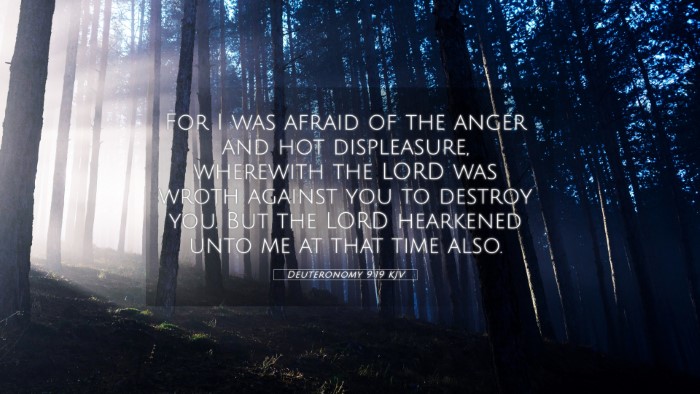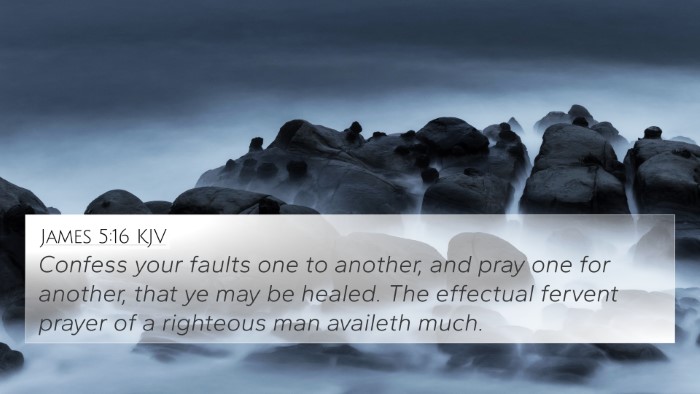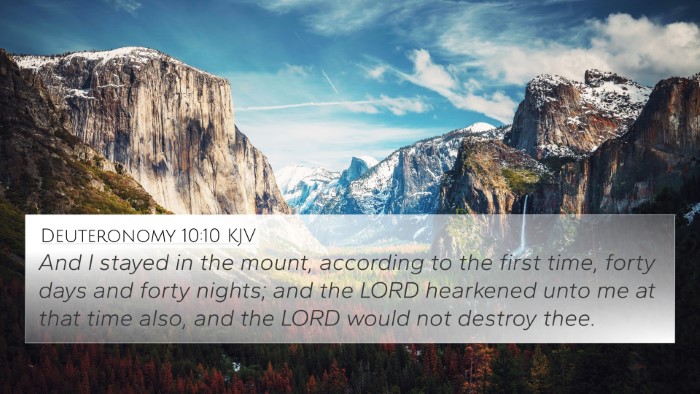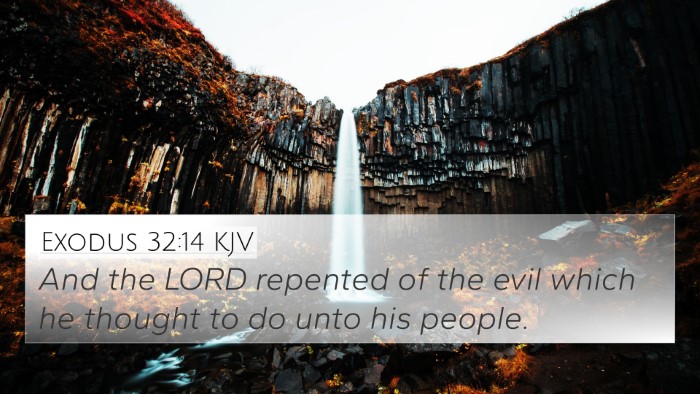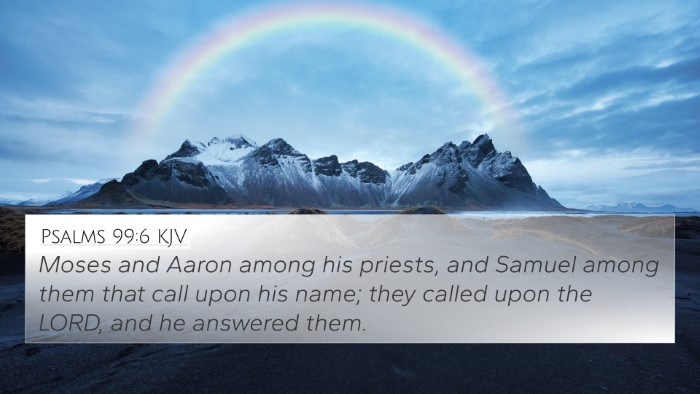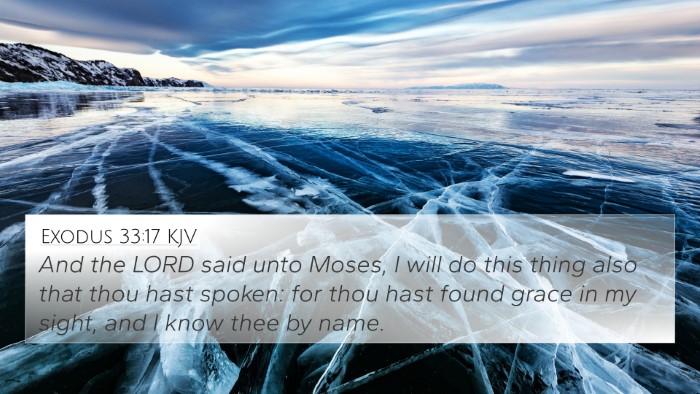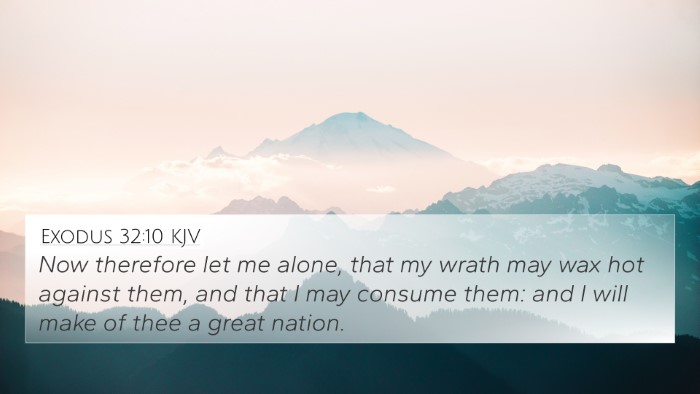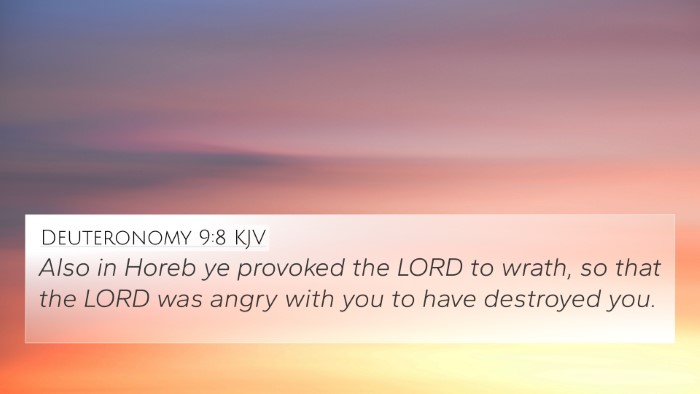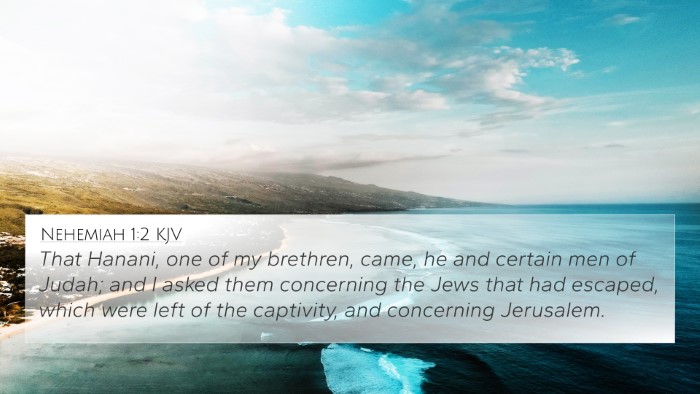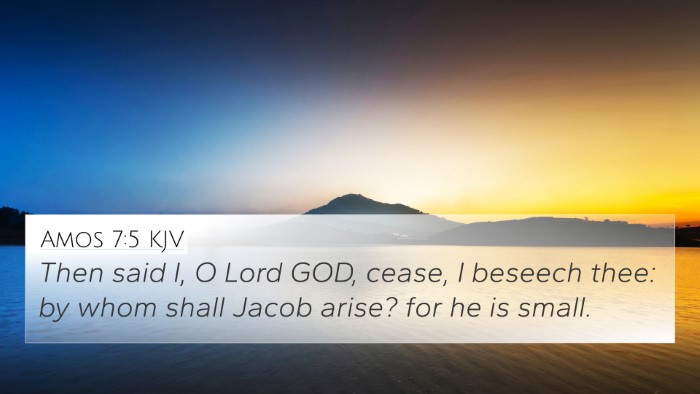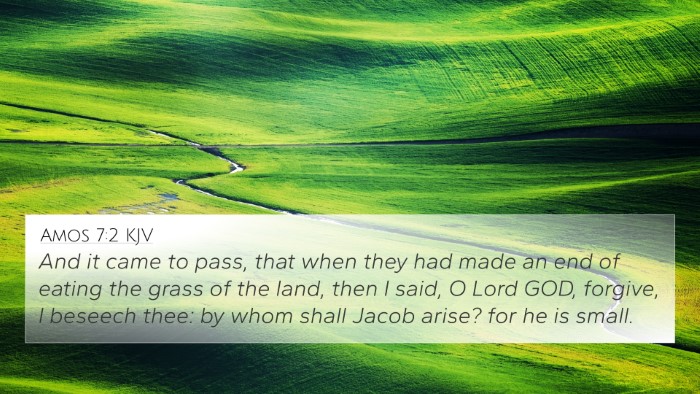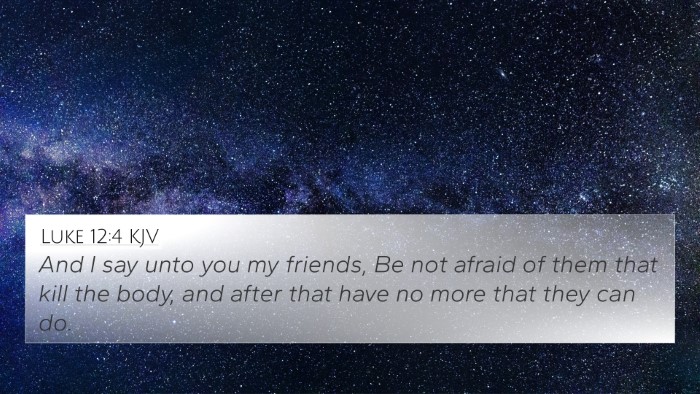Understanding Deuteronomy 9:19
Bible Verse: Deuteronomy 9:19 - "For I was afraid of the anger and hot displeasure wherewith the LORD was wroth against you to destroy you. But the LORD hearkened unto me at that time also."
Overview and Context
This verse occurs in the context of Moses recounting to the Israelites their past rebellions and the consequences they faced. Here, Moses expresses his fear of God’s anger towards Israel due to their idolatry (the worship of the golden calf), which led him to intercede on behalf of the people. This highlights the themes of divine judgment, mercy, and intercession.
Commentary Insights
-
Matthew Henry:
Henry emphasizes Moses' humility and concern for the people. He highlights the seriousness of God's anger and how it spurred Moses to plead for mercy. This act demonstrates the role of a leader who cares deeply for his followers and seeks their spiritual welfare before God.
-
Albert Barnes:
Barnes reflects on the idea of fear being a strong motivator for intercession. He explains that Moses's intimate relationship with God allowed him to be a mediator for the people. The verse underscores God’s willingness to listen to Moses, indicating His mercy over the looming judgment.
-
Adam Clarke:
Clarke discusses the implications of Moses's fear and the anger of God. He notes that Moses's intercession was not just for mitigation of punishment but for the restoration of the people’s standing with God. This illuminates God’s character as one who responds to genuine appeals for pardon.
Thematic Connections and Biblical Cross-References
Deuteronomy 9:19 pioneers a significant theme of divine mercy amidst wrath. Here are several cross-references that relate to this verse:
- Exodus 32:11-14: Moses intercedes for Israel after their sin, showcasing God's mercy through Moses' plea.
- Numbers 14:13-19: Moses again intercedes when Israel rebels at Kadesh Barnea, demonstrating his role as mediator.
- Psalm 106:23: A reflection on God's decision not to destroy Israel because of Moses’ intercession.
- James 5:16: The power and effectiveness of prayer, similar to Moses’ intercession for Israel.
- Romans 8:34: Jesus as our intercessor, akin to Moses interceding for the Israelites.
- 1 John 2:1: Jesus as our advocate before the Father highlights the ongoing theme of intercession in Scripture.
- Isaiah 53:12: The mention of interceding for sinners fits well within the overarching biblical narrative of mediation.
Exploring Connections between Bible Verses
Understanding Deuteronomy 9:19 can be enhanced through the connections between Bible verses. Several tools for Bible cross-referencing can aid in this process:
- Bible Concordance: A powerful resource to find verses related to different themes.
- Bible Cross-Reference Guide: Helps to find interrelated verses quickly.
- Bible Reference Resources: Many study Bibles provide notes that link verses together.
The Importance of Inter-Biblical Dialogue
Connecting Old and New Testament themes, such as Moses interceding for the Israelites, is crucial for comprehending the entirety of Scripture. Through cross-referenced themes, believers gain deeper insights into God’s character and His unchanging nature of justice and mercy.
Conclusion
Deuteronomy 9:19 is a powerful reminder of the serious nature of sin, the consequences that arise, and the profound mercy of God that comes through intercession. This verse encourages believers to reflect on their own relationship with God and the importance of prayer in seeking mercy for themselves and others.
SEO Keywords
By understanding this verse and its connections, believers can engage in comparative Bible verse analysis and explore the connections between Bible verses. Resources like comprehensive Bible cross-reference materials and studying how to use Bible cross-references can deepen one’s biblical knowledge.

